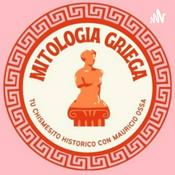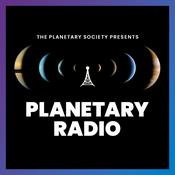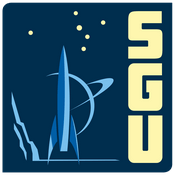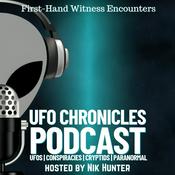64 episodios
- NHMU executive director and entomologist Jason Cryan highlights Bug World, a new blockbuster exhibition opening at the Natural History Museum of Utah. Built by the special effects studio behind “The Lord of the Rings” and “Avatar,” the exhibition brings the hidden genius of insects to life at a jaw dropping scale.
Más podcasts de Ciencias
Podcasts a la moda de Ciencias
Acerca de Cool Science Radio
Cool Science Radio is a weekly, hour-long program that focuses on the latest developments and discoveries in the fields of science and technology. Co-hosts Lynn Ware Peek and Scott Greenberg decipher what's new with science and technology experts in an entertaining, amusing and accessible way.
Sitio web del podcastEscucha Cool Science Radio, Mándarax: ciencia en tu vida diaria y muchos más podcasts de todo el mundo con la aplicación de radio.net

Descarga la app gratuita: radio.net
- Añadir radios y podcasts a favoritos
- Transmisión por Wi-Fi y Bluetooth
- Carplay & Android Auto compatible
- Muchas otras funciones de la app
Descarga la app gratuita: radio.net
- Añadir radios y podcasts a favoritos
- Transmisión por Wi-Fi y Bluetooth
- Carplay & Android Auto compatible
- Muchas otras funciones de la app


Cool Science Radio
Escanea el código,
Descarga la app,
Escucha.
Descarga la app,
Escucha.

































